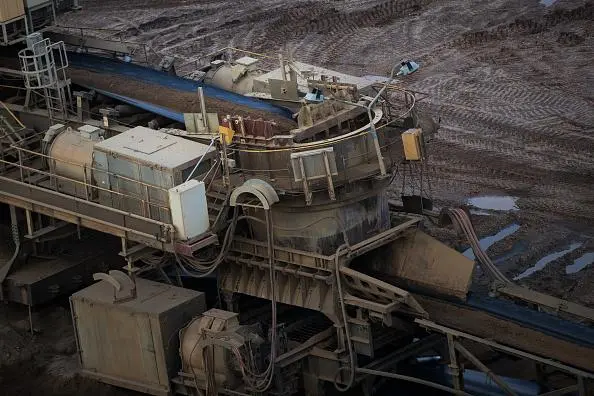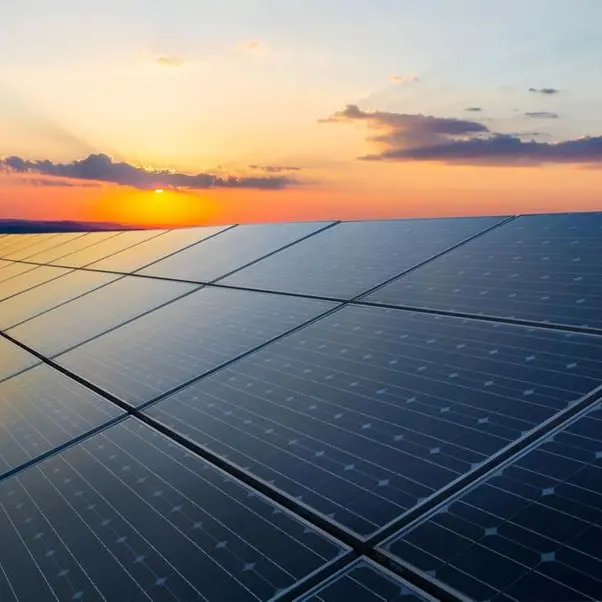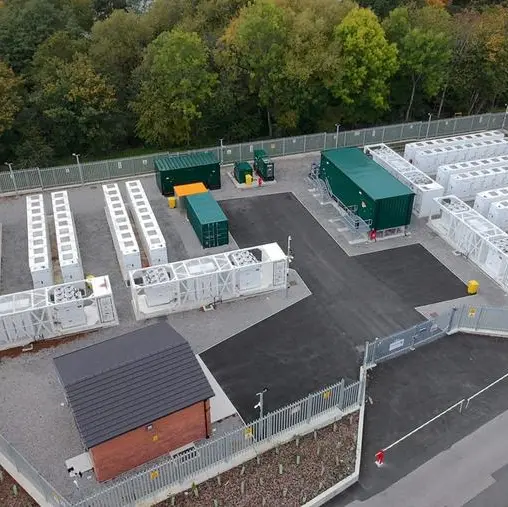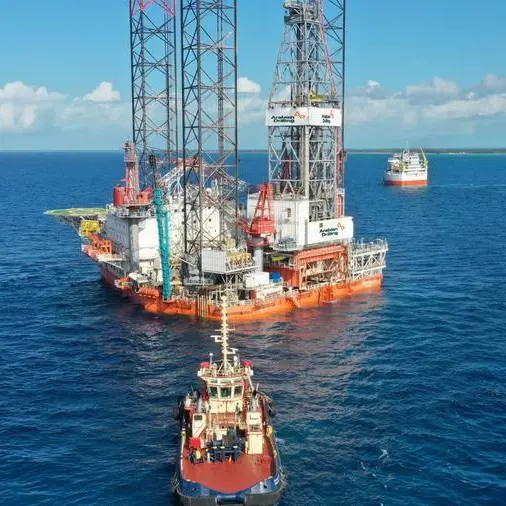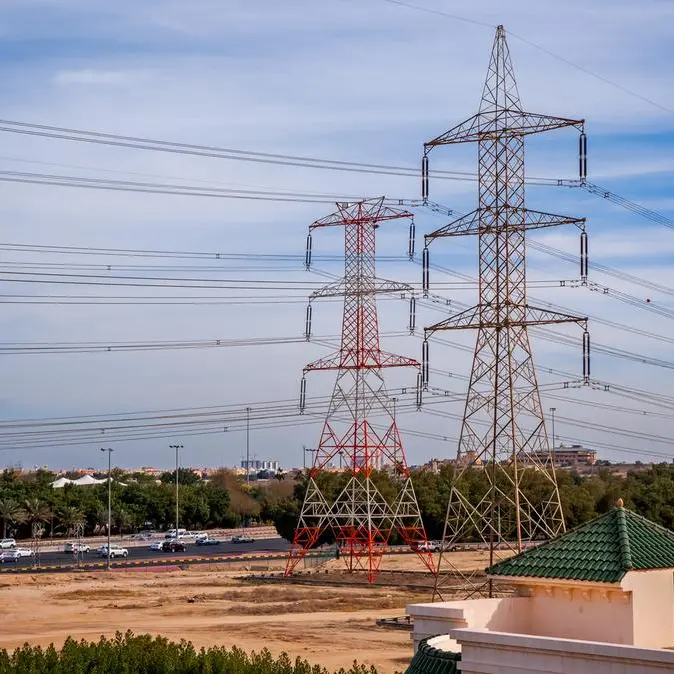PHOTO
Abha: The Asir region, spread over 81,000 km², is rich in metallic minerals, such as gold and copper, and non-metallic minerals, such as lightweight aggregates and granite. The region contains over 34 kinds of minerals.
According to the Ministry of Industry and Mineral Resources, the value of the minerals in Asir is estimated at SAR240 billion. Zinc is estimated at SAR78.7 billion, gold at SAR73.9 billion, copper at SAR60.9 billion, and silver at SAR22.5 billion.
The Kingdom's Vision 2030 places great importance on the metal and mining sector, aiming to maximize the sector's contribution to the GDP, improve the trade balance, achieve the sustainability of the sector, and generate job opportunities.
The sector is expected to become the third pillar of the Saudi industry, after oil and gas, and chemical industries, according to the ministry.
By 2035, mineral value chains are expected to contribute more than SAR281 billion to the GDP, create over 265,000 new jobs, and reduce net imports by at least SAR37 billion, thus increasing government revenues by SAR10.9 billion annually.
The Asir region, according to the Saudi Geological Survey, contains 404 mining reservoirs spread throughout the region.
The Chamber of Commerce and Industry in Abha issued a report stating that the gold deposits in Asir Region accounted for the largest number of metal ore, numbering 131, followed by copper with 52 deposits, tungsten with 12, zinc ore with 10, silver with nine, followed by silver, gossan, iron, beryllium, lead, tin, cerium, nickel, chromium, uranium, titanium, and niobium.
In the non-metallic ore category, the report says deposits of lightweight aggregate amount to 46, followed by granite with 27, quartz with 19, limestone and marble with 13 each. The other deposits mentioned in the report were laterite, feldspar, scoria, talc, gabbro, mica, graphite, fluorite, kaolin, asbestos, and basalt.
The Asir region maintained its fifth position regarding the largest number of active mining licenses in the kingdom until the end of July 2023, with 191 out of a total of 2,348 licenses issued by the Ministry of Industry and Mineral Resources, according to the report of the Ministry's the National Industrial Information Center. The active mining licenses were granted for exploration, reconnaissance, exploitation, building materials quarry and excess mineral ores, stated the report.
The mining sector in the kingdom, particularly in the Asir region, is considered a key enabler of indirect investment opportunities in other sectors. In the industrial sector, mining contributes by providing crushing and milling units, metal ore processing units, metal smelting and refining units, and manufacturing industries related to exploited ores.
In the contracting sector, mining supports construction and maintenance of facilities, transportation and logistics services, drilling and detonation services, equipment maintenance, road construction and extending power and water lines.
Expansion of the mining sector in Asir also supports sectors such as education and training, and financial and banking. Transportation of raw materials, personnel and products will be boosted as well. Commercial activity increases with the supply of equipment, fuel, spare parts, construction materials and mining supplies.
